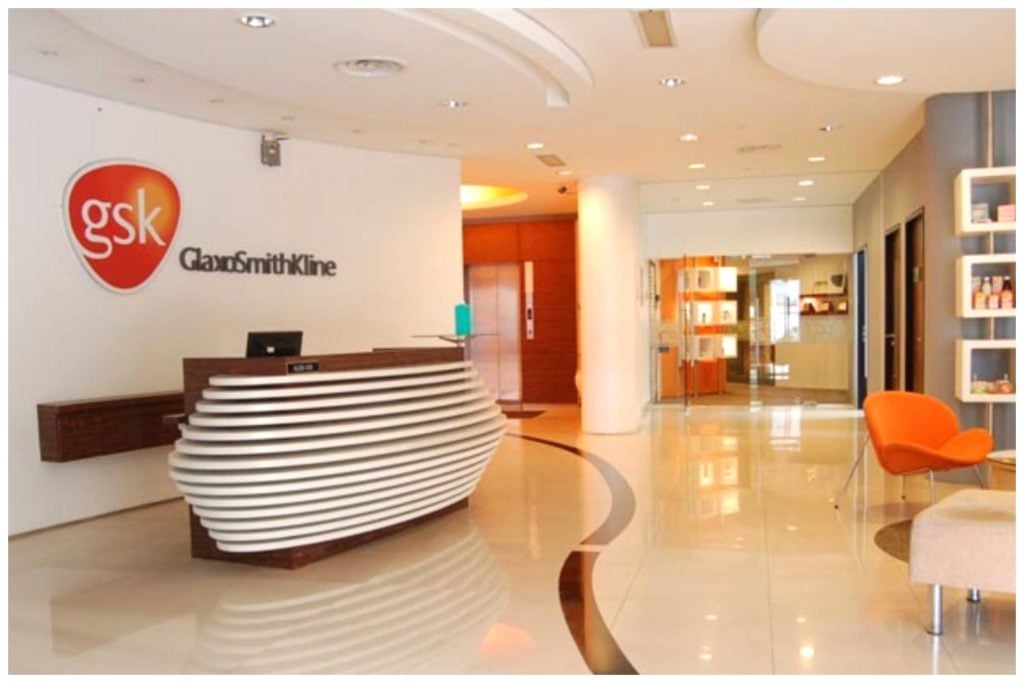
Angela Onwuzoo
Major stakeholders in the pharmaceutical sector have said the scarcity of essential drugs produced by GlaxoSmithKline International may not be unconnected to the crisis rocking the nation’s pharmaceutical industry.
They said the pharmaceutical industry has been enmeshed in a deep crisis and attributed it to the country’s unfriendly manufacturing and importation environment occasioned by high inflation rate, high loan repayment interest rate and inhibitory tendencies of regulatory agencies.
Speaking in an exclusive interview with Reportr Door Healthwise, a renowned pharmacist and a former Managing Director/Chief Executive Officer of Pfizer/Neimeth, Sam Ohuabunwa, said, there are several factors affecting local drug manufacturing in the country, noting that they also affect the importation of essential drugs.
Ohuabunwa, who is a former president of the Pharmaceutical Society of Nigeria said, “The pharmaceutical industry in Nigeria is in a deep crisis because it is facing a lot of headwinds.
“The environment is not very friendly to manufacturers, more so, when you are manufacturing in a highly regulated sector like the pharmaceutical. People get discouraged and gradually, they may begin to withdraw from the market. You never know what will happen.
“So, if there is a protracted shortage of GSK products, it could be due to the reasons affecting local drug manufacturing. We know how it is affecting us in our company.
“ So, I can estimate what is happening in other companies. The central issue here is that there are too many contending challenges facing our local manufacturers. Many plants are idle, while others have shut down.”
The pharmacist, while sighting more reasons why local manufacturers in the country are encountering challenges, said except the issues raised are addressed, the crisis will deepen.
He said, “There are lots of factors affecting local manufacturing in Nigeria. The first and major problem today is the difficulty to obtain foreign exchange to import raw materials.
“And you know that when people are faced with such a problem, manufacturers will probably prefer to go and import finished products. This is because for each product you want to manufacture, you may need about 25 items and for each item, you will need to get foreign exchange and go through the processes.
“Whereas, if you are importing finished products, you will only have one problem to deal with because there is only one product to bring in. Secondly, aside from the issue of forex, which is very crushing, there is that of high exchange rate. That is a major issue.
“Another problem is the cost of doing business generally. Inflation is hitting everybody hard in the country. It is more so for people into manufacturing because every item bought locally or internationally has its price changing every day. And as the prices change, it is difficult to recover them because of poverty in the country.”
The former PSN executive said another issue has to do with the regulatory environment, noting that it is not promotional.
“It is inhibitory. To manufacture these days amidst current Good Manufacturing Practices is quite expensive. You don’t get any special help from the regulatory agencies. You don’t also get approval fast.
“Funding and financing is difficult, especially with a constant hike in interest rates and most manufacturers will need foreign input. It is a complex situation in the pharmaceutical industry.”
On the issue of racketeering to profit from the sale of GSK drugs, the Past Chairman, Nigerian Economic Summit Group said,” I can’t see where racketeering comes into this. GSK is a pharmaceutical company, it imports some of its products and it also manufactures a few.
“Are they saying that after manufacturing, GSK sells to their distributors and the distributors refuse to release them to the market or what? So, I can’t see where racketeering comes into this.
“This is not a government institution. They are not selling at discounted prices. I believe that it is a problem that has to do with their supply chain. It is essentially a supply chain issue.
“It is either they are not having enough raw materials to produce because they don’t have foreign exchange or they have delays in receiving their goods at the port. It has to do with the environment.”
On the impact scarcity of essential GSK drugs could have on patients, Ohuabunwa said there are alternative brands in the market, adding, “There is no product in the Nigerian market that doesn’t have alternatives.
“Unless there is a general scarcity of medicines or pharmaceutical products, the scarcity of a brand will not lead to the deaths of patients because there is no monopoly in the market.”
On ways forward, Ohuabunwa said Nigeria has to determine if it wants to produce locally and create an enabling environment.
“Our country must decide that it needs to import, it needs to produce and be able to export. When that orientation is there, then government policies and regulatory agencies will work together to promote local manufacturing. If not, many more companies might be winding down”, he said.
Speaking also, a former Dean of the Faculty of Pharmacy, University of Lagos, Professor Bolajoko Aina, said it was expected that the pharmaceutical industry in Nigeria would experience a crisis going by the prevailing foreign exchange rate problems.
Corroborating Ohuabunwa’s submissions, the Professor of Clinical Pharmacy at UNILAG, said, “It is not unexpected that the pharmaceutical industry will be in crisis because of the prevailing dollar issue. The exchange rate is getting worse by the day and that will be affecting manufacturers.
“Definitely, it is expected that there will be some kind of crisis in the industry when you don’t have the money to bring in your goods.”
All rights reserved. This material, and other digital content on this website, may not be reproduced, published, broadcast, rewritten, or redistributed in whole or in part without prior express written permission from Reportr Door.
Contact: [email protected]




